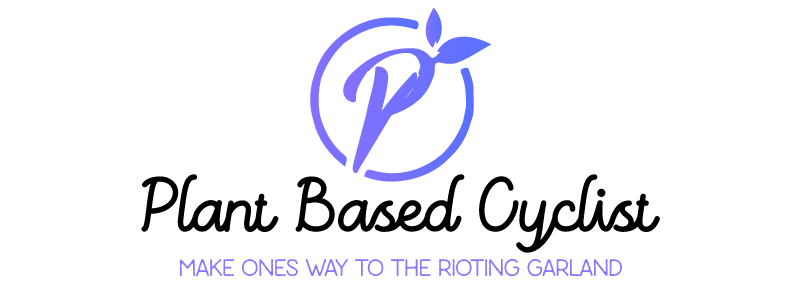Reality Star – Embracing Vulnerability and Connection in a Competitive Landscape
In the high-stakes world of reality television, where competition often overshadows authenticity, the theme of vulnerability has emerged as a poignant undercurrent. Reality stars find themselves navigating a landscape filled with challenges, fierce rivalries, and the constant pressure to maintain a public persona. Yet, amid the glitz and glamour, many participants discover that embracing vulnerability can foster deeper connections with both their fellow contestants and their audience. This paradox highlights the complex interplay between personal authenticity and the performativity aspects of reality TV. Reality television often thrives on conflict and drama, with producers keenly aware that audiences are drawn to spectacle. However, as participants navigate these tumultuous waters, many discover that their most genuine moments resonate far more deeply than any staged confrontation. Vulnerability becomes a powerful tool for connection, allowing contestants to share their true selves with viewers. For instance, when a reality star opens up about personal struggles—be it mental health issues, family dynamics, or past traumas—they create a bridge of empathy that transcends the competitive framework of the show.
Audiences are not merely passive observers; they become invested in the lives of these individuals, rooting for them as they face their challenges. Moreover, embracing vulnerability within the confines of reality television can lead to unexpected alliances and friendships. Contestants who dare to show their authentic selves often find camaraderie among others who are similarly open. In a setting designed to promote individualism, this shared experience can foster solidarity, creating a unique social dynamic. When individuals reveal their fears and aspirations, they create spaces for others to do the same, thereby building a community that thrives on mutual support rather than mere competition. These connections can be transformative, providing emotional resilience and strength that helps participants navigate the rigors of anonymous forums. The impact of vulnerability extends beyond the show itself; it reverberates in the lives of the viewers as well. Audiences are increasingly drawn to relatable narratives, finding solace in the struggles of those they watch on screen. When a reality star displays vulnerability, they humanize themselves, encouraging viewers to reflect on their own experiences.
This shared journey can create a sense of belonging among fans, who may feel that their own challenges are mirrored in the stories unfolding on their screens. As a result, reality television becomes not just a source of entertainment but a platform for connection and understanding. However, the path to embracing vulnerability is fraught with challenges. Reality stars often face backlash for their authenticity, as audiences can sometimes conflate vulnerability with weakness. The delicate balance between remaining relatable and maintaining a competitive edge is a tightrope walk. Yet, for those who dare to embrace their true selves, the rewards can be profound. They not only cultivate a deeper connection with their peers and fans but also pave the way for a more meaningful dialogue around the complexities of human experience. As reality stars navigate their journeys, their willingness to embrace vulnerability can lead to profound transformations—not only for themselves but for the audience that connects with their stories. In this way, reality television becomes a space where authenticity can thrive, ultimately enriching the human experience.
